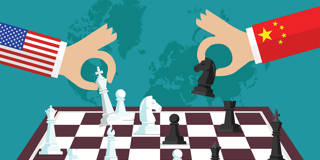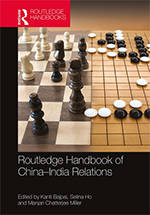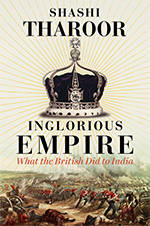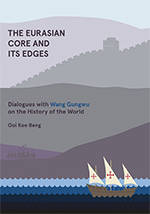OnPoint Subscriber Exclusive

Kishore Mahbubani
Says More…
This week in Say More, PS talks with Kishore Mahbubani, a distinguished fellow at the Asia Research Institute of the National University of Singapore.
Project Syndicate: You’ve warned that “the international order has lagged dangerously behind shifting global power dynamics.” Will US President-elect Joe Biden’s administration improve prospects of reform?
Kishore Mahbubani: Sadly, the answer is no. The combination of intellectual laziness and political inertia has fueled the belief in Washington, DC, that weaker multilateral institutions are better for America’s national interests. But, while that logic may have had some merit in a unipolar world, it does not suit the multipolar world in which we live. As Bill Clinton put it in 2003, the United States should be trying to create the kind of world in which it would like to live when it is “no longer the military, political, and economic superpower.”
America’s proclivity for constraining multilateral institutions goes back decades, perhaps as far as Ronald Reagan’s presidency. For example, the US has long fought to reduce its contributions to the United Nations, and has even withheld payments, even though the money saved is a drop in the bucket of the US budget.
Mahbubani recommends
We ask all our Say More contributors to tell our readers about a few books that have impressed them recently. Here are Mahbubani's picks:
-

Routledge Handbook of China-India Relations
by Kanti Bajpai, Selina Ho, and Manjari Chatterjee Miller
Following the border skirmish last June, a new geopolitical contest is emerging between China and India. This handbook could therefore not be timelier. Informed by years of annual meetings between Chinese and Indian scholars and practitioners at the Lee Kuan Yew School of Public Policy, it explores the old and complex relationship between these two Asian giants, and proposes ways they can cooperate.
-

Inglorious Empire: What the British Did to India
by Shashi Tharoor
Some books provide an early warning of coming global trends. This is one of those books. In it, Tharoor takes a hammer to the rose-colored glasses through which many Westerners, especially British, view the British Raj in India. Britain’s only “gifts” to India were given in its own interest; everything else was sheer exploitation. Small wonder that there has been an Indian-nationalist backlash. Western governments should be warned: if they continue to interfere with – and provoke – China, the backlash will be orders of magnitude larger, with China demanding accountability for the “century of humiliation” it suffered at the hands of the West.
-

The Eurasian Core and Its Edges: Dialogues with Wang Gungwu on the History of the World
by Ooi Kee Beng
In this slim volume, Asia’s greatest living historian delivers a magisterial sweep of Eurasia’s history, and its central role in world history, through a dialogue with Dr. Ooi Kee Beng. As China’s Belt and Road Initiative progresses, this book provides valuable insights into the many connections that the old Silk Road created throughout Asia – and a glimpse of what the coming Asian Century might look like.
From the PS Archive
From 2016
In “The Geopolitics of Populism,” Mahbubani and Danny Quah rebut the prevailing view that income inequality is the primary cause of recent electoral upheavals. Read more.
From 2018
In “America’s Collision Course With China,” notes that it is not only the Trump administration that is driving the US toward conflict. Read more.
Around the web
Speaking with Haslinda Amin and Rishaad Salamat on Bloomberg Markets: Asia, Mahbubani stresses that, despite Biden’s victory, the US remains deeply divided. Watch the video.
In a recent commentary, Mahbubani predicts that Biden will bring back the civility and generosity with which the American spirit is associated. Read the article.